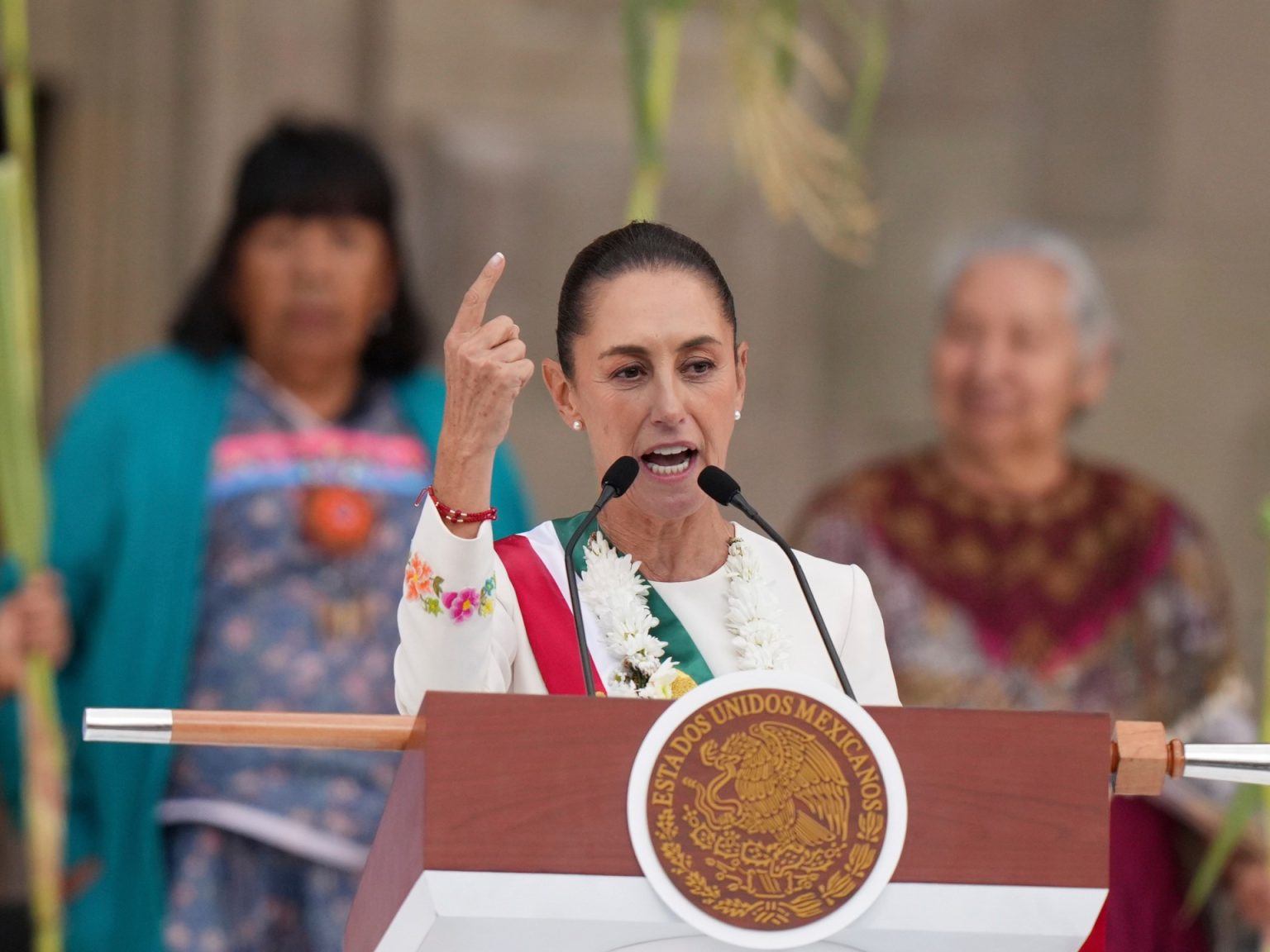In response to United States President-elect Donald Trump’s proposal for significant tariffs on imports from Mexico, Mexican officials, including President Claudia Sheinbaum and Economy Minister Marcelo Ebrard, have articulated a firm stance. During a press conference, Sheinbaum stated unequivocally that if Trump enacts these tariffs, Mexico would reciprocate with its own tariff increases. This position emanates from a concern about the potential loss of 400,000 jobs in the U.S., as highlighted by Ebrard, who cited a study reflecting the impact on American workers, particularly in the automotive sector, where many vehicles are manufactured in Mexico. Together, they underscored how these tariffs could create a regional trade war that would ultimately hurt U.S. consumers, specifically pointing out that the cost of new vehicles would likely rise as a direct result of these tariffs.
Trump’s proposed 25% tariffs on goods from Mexico and Canada have raised considerable alarm not only in Mexico but also among U.S. industry analysts. Economists have expressed skepticism regarding the effectiveness of tariffs as a strategy to revive U.S. manufacturing, suggesting it could lead to unintended consequences that might undermine the very objectives Trump intends to achieve. For instance, Ebrard noted the severe implications such tariffs would have on vehicle pricing, stating it could add about $3,000 to the price of a new pickup truck—a staple of American auto sales that is often manufactured in Mexico. This situation raises questions about whether the anticipated benefits to U.S. manufacturers could outweigh the adverse effects on consumers and the broader economic landscape.
Amidst the tense trade discussions, Sheinbaum characterized Trump’s threats of tariffs as “unacceptable.” She indicated that her administration is keen to engage in constructive dialogue to alleviate Trump’s concerns regarding migration and drug smuggling across the U.S.-Mexico border. During a recent conversation with Trump, Sheinbaum assured him that her government is actively managing these issues in an effort to prevent irregular migration from affecting the northern border. This proactive communication aims to foster a cooperative relationship between Mexico and the U.S. as they tackle shared challenges.
The concern over tariffs also extends to their potential violation of trade agreements, particularly the US-Mexico-Canada Agreement (USMCA), which is designed to minimize tariff barriers among the countries. Mexican officials have indicated that tariffs could contravene this agreement, as it forbids the imposition of duties on trade between the three nations. This complexity adds another layer to the negotiation landscape, as both Mexico and Canada seek to protect their trade interests following a renegotiated deal that Trump championed during his presidency.
In the midst of this brewing trade conflict, Canadian Prime Minister Justin Trudeau also reached out to Trump, discussing the tariff threats and reinforcing the importance of the longstanding relationship between Canada and the U.S. Trudeau emphasized the necessity of collaboration to address mutual challenges. His comments reflect a broader commitment from both Mexico and Canada to engage diplomatically with the incoming U.S. administration, stressing that successful international relations require ongoing dialogue and cooperation.
Industry experts further emphasize the precarious state of the U.S. automotive industry given the proposed tariffs. Analysts from Barclays have indicated that these tariffs could have devastating effects, potentially nullifying the profits of major automakers like GM, Ford, and Stellantis. Their analysis cautions that the ramifications of such a tariff policy would be disruptive across the board, affecting both manufacturers and consumers alike. Yet Trump’s transition team has maintained that the implementation of tariffs is essential to protecting U.S. manufacturing jobs and ensuring equitable practices in international trade. As the situation unfolds, the potential for economic repercussions will likely continue to dominate discussions between the U.S., Mexico, and Canada.

